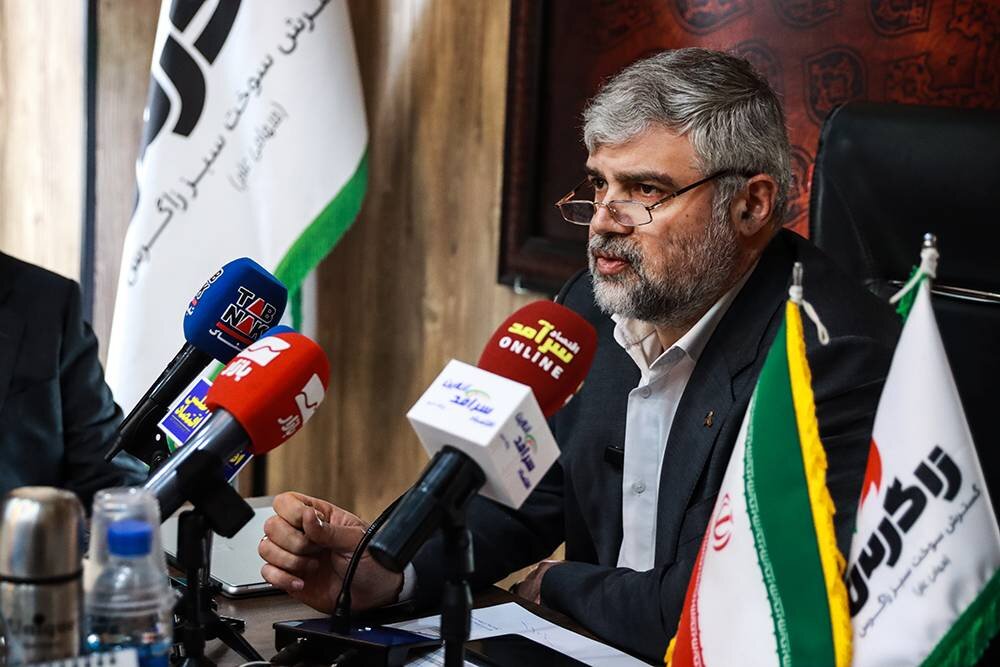IDRO highlights green fuel projects, renewable energy development

TEHRAN - Journalists visited the bioethanol production project of Zagros Green Fuel, a subsidiary of the Industrial Development and Renovation Organization of Iran (IDRO). During the visit, Saeed Jafari, IDRO's Deputy for Modernization and Industrial Projects, emphasized that the establishment of the Zagros Green Fuel Development Company marked a significant stride toward achieving sustainable development goals and utilizing renewable energy sources.
During the visit, Saeed Jafari, IDRO's Deputy for Modernization and Industrial Projects, emphasized that the establishment of the Zagros Green Fuel Development Company marked a significant stride toward achieving sustainable development goals and utilizing renewable energy sources.
Jafari stated that IDRO, as one of Iran's primary industrial and developmental organizations, leads pioneering projects in clean energy.
He highlighted that the Zagros Green Fuel project not only reduces environmental pollution but also generates new job opportunities, thereby supporting economic development in western and southwestern regions.
He explained that the project was approved during the Leader’s visit to Kermanshah Province. Initially state-funded, private sector investment was invited in November 2023 to expedite project completion. IDRO offered company shares in two stages on the Tehran Stock Exchange: 20 trillion rials (about $40 million) in October 2023 and 16 trillion rials (about $32 million) in November 2024. This reduced IDRO’s ownership stake to 35 percent.
The bioethanol refinery in Kermanshah began equipment installation in May 2024, followed by trial operations in September.
Jafari also reported progress on a bioethanol project in Kohgiluyeh-Boyer Ahmad Province, which is 34 percent complete. The project is expected to exceed 90 percent progress by the end of 2025, with full operations slated for 2026. Funding has been partly secured through the capital market.
Jafari outlined the projects’ reliance on grains such as corn, wheat, barley, and sorghum.
Iran’s annual grain market amounts to 26 million tons, while a 200,000-liter-per-day plant requires 180,000 tons annually. These facilities can also process grain waste.
The Kermanshah plant, for example, uses 270,000 tons of corn daily. Annual outputs include 66 million liters of ethanol and 66,000 tons of high-protein animal feed (DDGS).
Bioethanol, a plant-based octane booster, improves fuel quality and reduces vehicle emissions. This refinery additive has been used in approximately 90 countries for over 20 years, replacing MTBE. Unlike bioethanol, MTBE contaminates groundwater and harms the environment.
With Iran producing 120 million liters of gasoline daily, Jafari emphasized the need for six million liters of bioethanol daily to make the country’s gasoline more eco-friendly. This requires establishing at least 30 similar plants nationwide.
Jafari reaffirmed IDRO’s commitment to supporting domestic and foreign investors by streamlining licensing and removing obstacles to similar projects. He stressed that IDRO’s role is to facilitate development and overcome challenges to ensure the success of these initiatives.
EF/MA
Leave a Comment